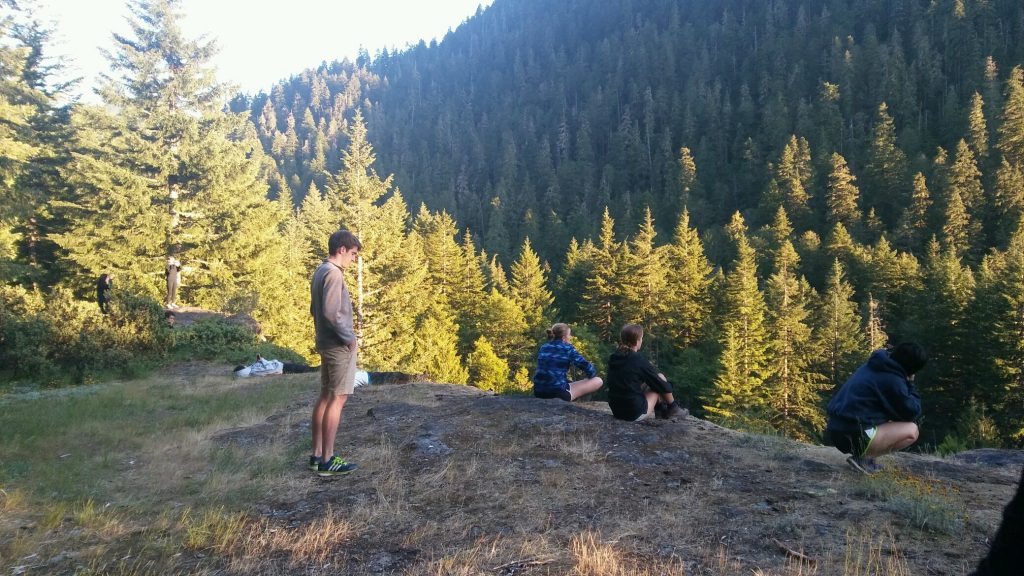Wilderness (n): an area essentially undisturbed by human activity together with its naturally developed life community (Merriam-Webster); an area where the earth and its community of life are untrammeled by man, where man himself is a visitor who does not remain. 1
‘There is no place or living thing that we haven’t changed” (Purdy 2015, pp. 3). From landscape burning in Australia, to active forest management in the Amazon, to slash-and-burn agriculture in the Americas, indigenous communities have altered their surroundings for thousands of years. 2,3,4 Technological advances and the burning of fossil fuels further changed the environment as nature was converted into urban areas. In addition, a thirst for exploration (or, more accurately, a quest for colonization and domination) helped the spread of urban areas across the world, slowly turning “wilderness” into seas of concrete.
Furthermore, like we mentioned in class, the air and water we pollute has touched every inch of this Earth (even parts of the oceans that humans have not explored yet). Thus, human activity has indirectly (and often unconsciously) disturbed any area that might be still considered “true wilderness.” Additionally, the same thing can be said for the Global North-South divide in terms of climate change – citizens, businesses, and industries of the Global North have contributed the most greenhouse emissions. However, communities in the Global South now face rising sea levels, more frequent droughts and floods, and a myriad of other environmental consequences.
Although I consider wilderness to be merely a symbolic construction (that is, no true wilderness exists), I want to protect wilderness and other scenic recreation areas because I believe in their environmental, economic, and health benefits. Nature, whether it is true wilderness or the legacy of thousands of years of human management, is spectacular, breath-taking, and simply beautiful.

My DukeEngage cohort enjoying the “wilderness” of the PNW before returning to our lodge at Opal Creek this summer (PC: Ariel Zimmer).
Purdy, J. 2015. After Nature: A Politics for the Anthropocene. Harvard University Press, Cambridge, MA, USA.